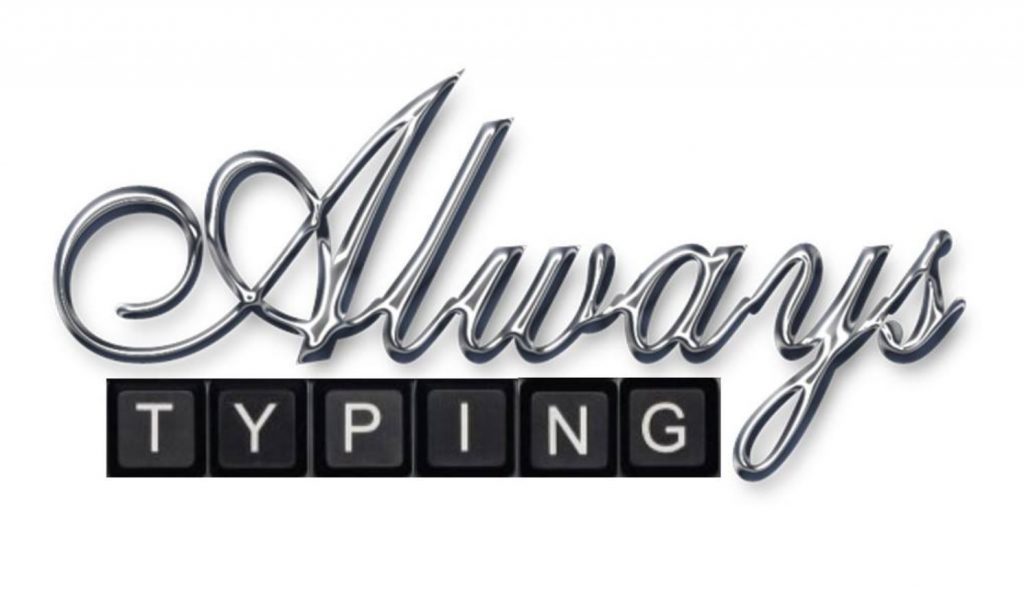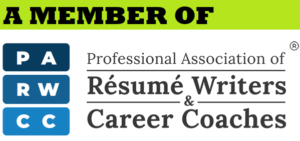The average interview is 45 minutes long. During that time, potential employers may ask you a variety of questions to determine your skill level, drive, and personality. There are a variety of common interview questions that hiring managers ask. In this article, we’ll outline 6 of the most common and offer advice on how to answer them.
Table of Contents
Toggle#1 Tell Me About Yourself
This is arguably one of the most popular interview questions asked by potential employers. And what a loaded question it is! How exactly do you answer this? You should consider the following when you create your elevator pitch:
- How long you’ve been in the profession
- A major discovery or achievement you’ve had during your career
- What opportunities have you had from your experience
- What do you want to do with your knowledge
For example, your elevator pitch could look like this: “For the last 10 years, I have been in the sales industry with a focus on IT solution selling. Throughout my time in the industry, I have discovered a passion for SaaS products and gained subject matter expertise in these areas. I also serve as a mentor to junior associates to help them improve their selling capabilities. I hope to progress through my carer into a sales leadership role.”
#2 Why Are You Leaving Your Current Role?
This is often a tricky question and it’s very important you never, under any circumstances, speak negatively about a previous company. It doesn’t matter if they set your house on fire, you do not speak poorly about a previous employer.
Interested in learning about other interview mistakes to avoid? Check out our article on this topic!
Instead, you can say something like this: “I actually wasn’t looking to advance my career just yet, but once I saw the opportunity (or was contacted by someone), I knew I couldn’t pass it up. This job aligns with my career goals and personal strengths. I hope to learn more about it during this conversation.”
#3 What Is Your Desired Compensation?
Before going into an interview, you need to research the average salary for your area. You can use this calculator to get an idea of what to expect. It’s important you remain open to negotiations during this discussion. Also remember that compensation isn’t just about dollars and cents.
Your answer could be similar to this: “Based on my research, this job role has a salary between $XX and $XX. However, I understand that salary is based on many factors and the monetary number is negotiable. I believe we can come to a mutual agreement for a salary that will reflect my years of experience, education, credentials, and strengths.”
Before ending your response, put the question back to them by adding this, “Does the company have a range or set salary schedule for this role?”
#4 Why Should We Hire You?
This is another of the most commonly asked interview questions. During your answer, you want to highlight how your personal and professional goals align with the company’s mission and vision. It’s also important that you comment on a few of the core job duties and your experience with them. Here is an example:
“Based on the job description, I have the unique combination of education, skills, and experience that your company desires. After researching your company, I believe my personal beliefs and your mission are in perfect alignment. My past experience as a (job title you’re applying for) has prepared me well for the challenges I may face in this role. I have extensive experience in (list a few skills from the job description). After discussing the role with you, I am even more interested in the position and hope we can move to the next steps.”
If you want to be a little more bold, at the end, you can say, “After discussing the role with you, I am even more interested in the position and look forward to moving on to the next steps in the interview process.”
#5 What Are Your Strengths? What Are Your Weaknesses?
Two of the most asked interview questions are about your strengths and weaknesses. When discussing your strengths, you want to highlight the skills you can do without issue or assistance every single time you’re asked. For example, if you are in the human resources industry and are exceptionally good at benefits administration, you could talk about that. An example response could be the following:
“As an HR generalist, I was first introduced to benefits administration three years ago. While I struggled at first, I quickly adopted the skills needed to masterfully complete (specific job description skills). I am now confident that this is one of my best strengths.”
As for weaknesses, you want to approach them a little differently. You want to talk about a weakness that doesn’t directly hurt the job you are applying for. It should also be a skill you are actively working on improving. Avoid trying to use a strength as a weakness (e.g., “I’m a perfectionist”) or faking an answer. For example:
“I believe my greatest weakness is handling conflict in the workplace. This is a common issue that arises in the HR department and I am actively working on improving my dispute resolution skills with (a course, class, or book). This is something I work on every day to resolve issues without coming across negatively or aggressively. In the last six months, I’ve been able to resolve conflicts with ease and know I can bring that skill to my position here at ABC Company.”
#6 Where Do You See Yourself in 5 Years?
This is one of the most typical job interview questions recruiters ask. For some people, this question is very difficult to understand. Many people can’t even see where they’ll be the next day, much less five years from now.
It’s best to approach this question by referring to your past. For example, you could say, “Five years ago, I didn’t expect to be sitting here having an interview for this HR Generalist position. I’ve grown much faster in my career than I expected. With that said, I always set personal and professional goals that will propel my career forward so that I can be a better version of myself. I am also adaptable enough to realize reaching my goals may not look like they do in my head and am willing to adjust strategies and goals as needed.”
Get to the Interview Stage with a Stellar Resume
Is your resume ready to help you land interviews?
Your resume gets you in the door to speak to a hiring manager, so it’s vital it is updated and optimized for automated systems.



